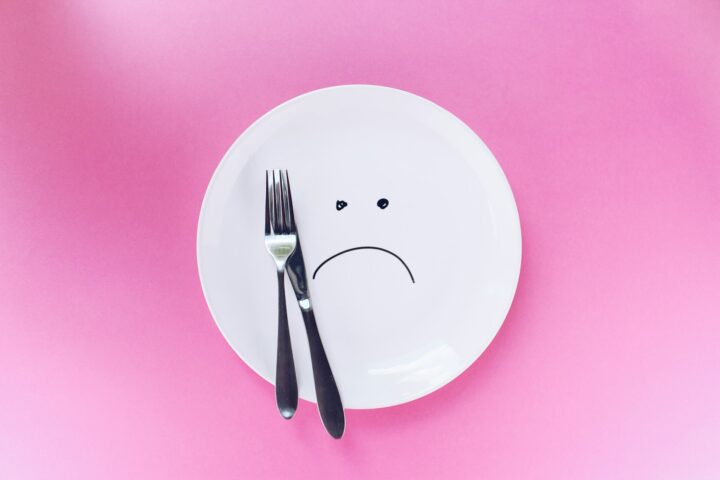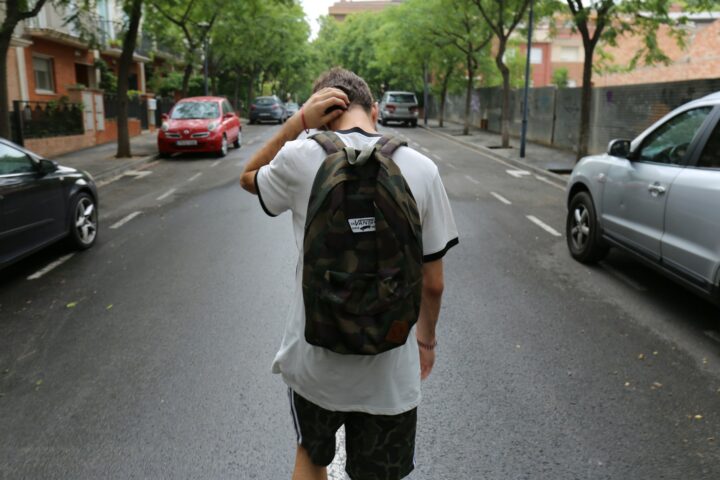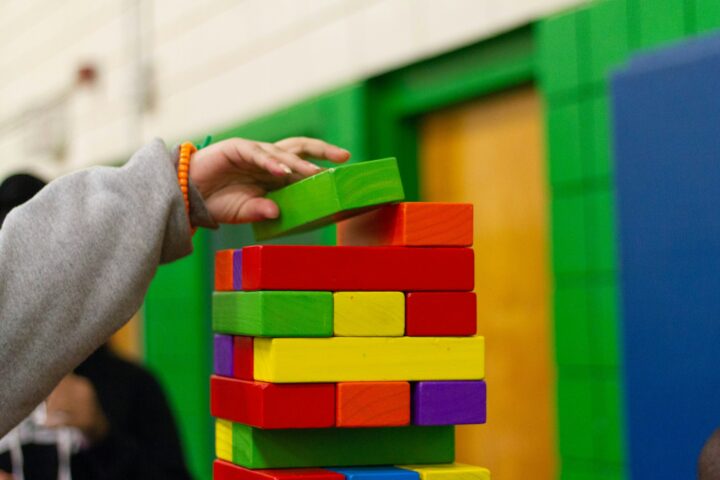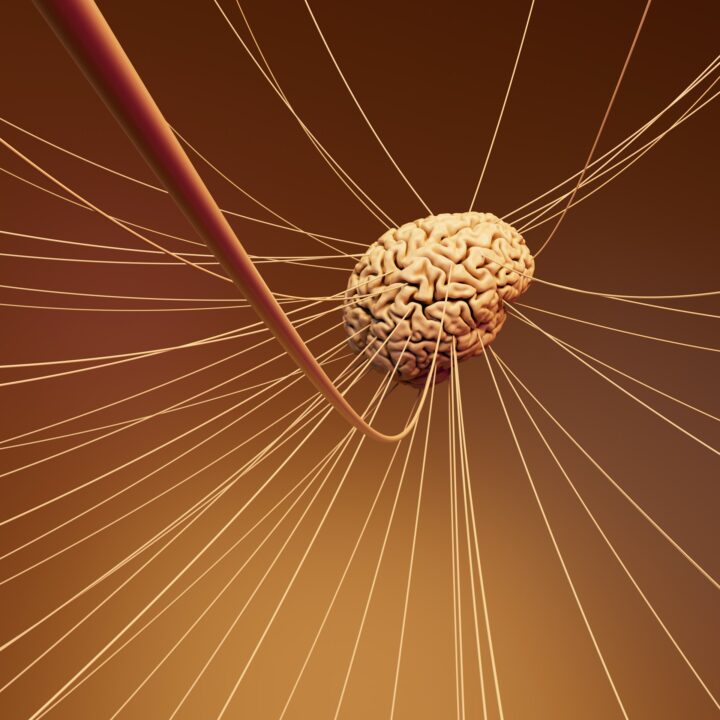We’ve all heard it: “You just need better self-care.”
It sounds simple enough- take a bubble bath, meditate, go for a walk, light a candle. But what happens when even self-care feels like one more thing on your to-do list? When rest feels impossible in a world that rewards exhaustion and labels stillness as laziness?
If you’ve ever felt guilty for being tired or overwhelmed, you’re not broken- you’re responding normally to a culture that confuses rest with weakness. Burnout isn’t a personal failure. It’s a symptom of a system that profits from your exhaustion (Schaufeli & Taris, 2014).
Burnout Is a Collective Experience
We often treat burnout as an individual problem: you’re overworked, overcommitted, or not managing your time well enough (Maslach & Leiter, 2016). But the truth is, most of us are doing our best within systems that were never designed for our well-being. Capitalism thrives on constant productivity. Patriarchy rewards self-sacrifice, especially from women and caregivers (Collins, 2000). Racism and other forms of oppression demand emotional labor and vigilance from marginalized communities (Carter, 2007). When you add all of that together, burnout becomes inevitable- not because you’re weak, but because you’re human.
The Unequal Weight of Exhaustion
For many people with marginalized identities, burnout isn’t just about overwork- it’s about survival. Women, people of color, queer and trans folks, and disabled individuals often carry the invisible weight of navigating spaces that weren’t built for them (Crenshaw, 1989; Lorde, 1984). The exhaustion doesn’t come only from work; it comes from constantly managing how to exist safely and authentically. In that context, “self-care” can feel like another demand: one more expectation to manage, purchase, or perform. The pressure to appear “well” can easily mask the truth: that what we really need isn’t another wellness trend but permission to stop performing and simply be.
Ableism and the Myth of “Pushing Through”
Ableism, the idea that productivity, independence, and physical or mental stamina determine worth, is deeply woven into burnout culture (Campbell, 2009). We’re taught to measure value by how much we can do and how well we can hide pain, fatigue, or limitations. The message is clear: your body and mind must always keep up, no matter the cost. Rest, slowness, or needing help are often framed as moral failings instead of natural human needs.
For people living with chronic illness, neurodivergence, or disability, the mainstream “self-care” narrative can feel especially alienating. It assumes energy, time, mobility, and access that many people simply don’t have and then blames them for it. The ableist belief that everyone should “push through” reinforces the idea that care must be earned. But care is a birthright. Rest is not a luxury; it’s a necessity.
When we begin to unlearn ableism, we start to see that healing doesn’t always look like doing more- sometimes it looks like doing less or doing things differently. Slowness, accommodation, and interdependence are not signs of weakness; they’re models of sustainability and collective care.
Reclaiming Self-Care as Resistance
True self-care is not indulgence. It’s preservation. Audre Lorde wrote, “Caring for myself is not self-indulgence, it is self-preservation, and that is an act of political warfare” (Lorde, 1988, p.130). When we rest, set boundaries, say no, or seek community, we’re not being lazy but practicing small acts of resistance against systems that expect endless giving. Real self-care isn’t about doing more; it’s about unlearning the belief that your worth is tied to productivity. It’s about remembering that you deserve rest just because you exist.
Reflection Prompts
Take a moment to slow down and check in with yourself:
- What messages about productivity and worth did you learn growing up?
- How does your body tell you it’s tired, even when your mind keeps pushing?
- What would it mean to see rest as resistance in your life?
- Who in your community helps you remember that you don’t have to do it all alone?
- How might ableism, in yourself or in the systems around you, shape the way you view rest, limits, or asking for help?
You don’t have to answer perfectly. Simply noticing is enough as awareness is the first step toward liberation.
Closing Thoughts
You are not lazy for being tired. You are living in a culture that makes rest feel unsafe. Healing begins when we stop blaming ourselves for what systems created and start reclaiming our right to exist, not just produce. May you find softness in small pauses. May you give yourself permission to rest. And may you remember that your worth was never meant to be earned.
*This reflection is for educational purposes only and is not a substitute for therapy.*
If this message resonates with you, I support clients who are exploring burnout, boundaries, and healing from systemic stress through a feminist, person-centered, and anti-ableist lens. You can learn more about my approach or schedule a consultation at Treehouse Counseling in Beaverton.
References
Campbell, F. K. (2009). Contesting ableism: Disability, globalization, and human rights. Routledge.
Carter, R. T. (2007). Racism and psychological and emotional injury: Recognizing and assessing race-based traumatic stress. The Counseling Psychologist, 35(1), 13-105. https://journals.sagepub.com/doi/10.1177/0011000006292033
Collins, P. H. (2000). Black feminist thought: Knowledge, consciousness, and the politics of empowerment(2nd ed.). Routledge.
Crenshaw, K. (1989). Demarginalizing the intersection of race and sex: A Black feminist critique of antidiscrimination doctrine, feminist theory and antiracist politics. University of Chicago Legal Forum, 1989(1), 139-167
Lorde, A. (1984). Sister outsider: Essays and speeches. Crossing Press.
Lorde, A. (1988). A burst of light: Essays. Firebrand Books.
Maslach, C., & Leiter, M. P. (2016) Burnout: The cost of caring. Malor Books.
Schaufeli, W. B., & Taris, T. W. (2014) A meta-analysis of the job demands-resources model: Implications for burnout. Journal of Applied Psychology, 99(2), 380-412. https://link.springer.com/chapter/10.1007/978-94-007-5640-3_4






